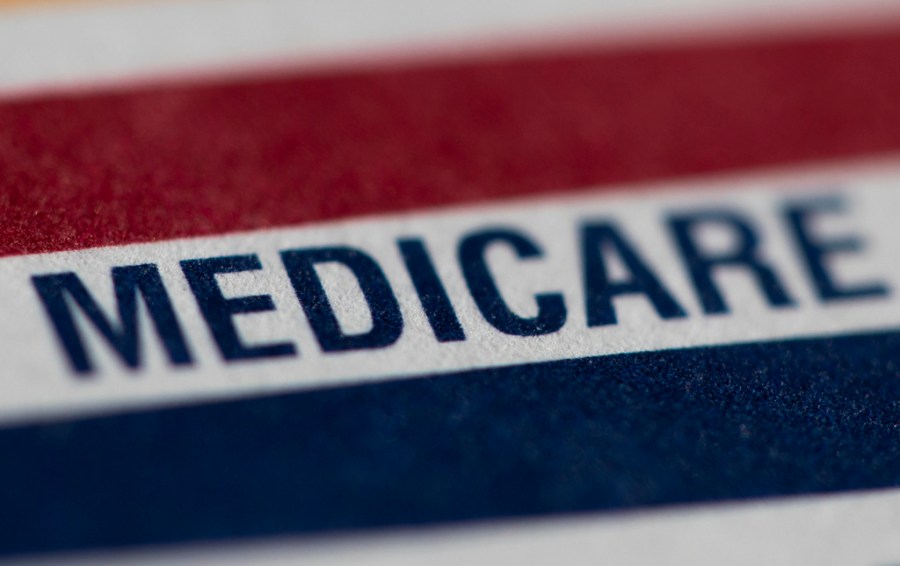
One of us trained with a world-renowned neurosurgeon who practices outside of the U.S. and operates on “inoperable brain tumors” with outcomes that leave other neurosurgeons in awe. He provides free or discounted care to half of his patients. For others, he charges 10-100 times what Medicare pays. Patients from around the world eagerly wait to see him and gladly pay, with many even wanting to pay more after surgery. That’s the value of his labor.
If this neurosurgeon were to practice in the U.S., no patients would have access to his care through Medicare. This is because Medicare, which sets a universal rate for all neurosurgeons, does not pay for the value of rare skills like his. The price-setting process, which costs billions of taxpayer dollars each year, incorporates neither patients’ value assessments nor providers’ variation in care delivery.
He cannot provide free care to Medicare patients either. Medicare regulations prohibit physicians from not billing patients, due to the assumptions made by Congress in the 1980s that physicians only offer free care to their friends.
Americans should ask ourselves: Do we prefer to buy our own health care, or would we rather have the government take our money, buy it for us, and make the rules? Is there anyone better suited than patients — the beneficiaries of all care — to serve as the arbiters of its value and set prices?
What if Medicare stopped setting prices and allowed patients to control their dollars? Patients would bear both the financial and clinical consequences. In response, physicians would adjust their services and fees to enhance value and attract patients, just as direct-to-consumer providers (e.g., plastic surgery) have been practicing: voluntary transparency, competitive quality, and declining prices. As a result, a provider’s prices would reflect her patients’ collective willingness to pay and her willingness to accept, thereby representing the true value of her labor.
Bureaucratically set prices are rarely right. For example, Medicare pays more to hospitals than to physician practices for the same service, citing higher operating costs in hospitals. However, if patients control their money, few would prefer hospitals at higher prices, which would shift routine, low-acuity services out of hospitals. The market would naturally and efficiently specialize, allowing hospitals and physician practices to focus on what they do best, while patients reap the greatest value.
Medicare is also concerned about physician kickbacks. The Stark Law was introduced because Congress decided in the 1980s that physicians were self-referring patients to financially affiliated entities. Similarly, the Affordable Care Act banned the establishment and expansion of physician-owned hospitals, citing concerns over physicians’ conflicts of interest and profiteering motives.
Certainly, physicians want to care for their patients and make a profit — who doesn’t? Some policymakers believe they can legislate greed out of physicians, overlooking the fact that every other player in health care is also trying to make money. Dialysis care was better and cheaper when nephrologists owned and operated their dialysis centers, and most profitable hospitals are largely non-profit.
The best antidote to greed is greed itself. Eliminating anticompetitive regulations would allow greedy players to compete among themselves and allow greedy patients to pick winners and weed out losers. The freer the market, the greater the innovation and competition, and the better off the patients and taxpayers will be.
Every American, especially Medicare beneficiaries, should have access to health savings accounts and low-premium insurance plans that exclude routine, elective procedures. Subsidies for low-income patients should be directed to their Health Savings Accounts, which should also accept tax-deductible contributions from private entities and individuals.
The direct-pay market would operate as efficiently as other retail industries. Patients would pay the same transparent price to the same provider, with no one denied access to the best physician or clinic due to their insurance restrictions — that’s health equality. Providers would retain the freedom to charge less or nothing for patients at their discretion — that’s charity care.
Our health care policies have grand intentions but offer disappointing outcomes because they pursue the fool’s errand of relying on government to set the “right” prices and engineer the “right” behavior in the name of patient protection — while only the collective wisdom of patients knows what those are. Health care is patients’ lives, others’ business. Nothing protects patients more than free markets. Let patients, not government, lead.
Phillip Cezayirli is a neurological surgeon in Birmingham, Ala. Ge Bai is a professor of accounting and health policy at Johns Hopkins University.











